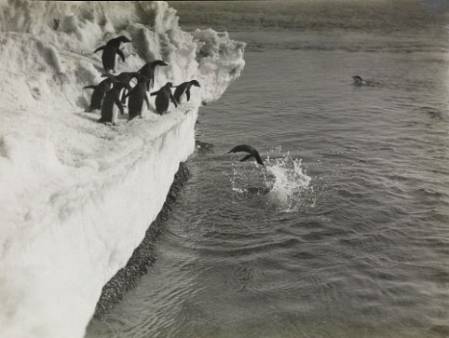Dr Adrian Glover (Zoology) has just returned from an oceanographic research cruise to the Bransfield Strait and Scotia Sea, Antarctica, both to the south of South America, near the Antarctic Peninsula. He was working aboard the RRS James Cook, one of three UK research ships operating as part of the Natural Environment Research Council's activities.
Adrian was searching for new hydrothermal vent ecosystems with scientists from the National Oceanography Centre, Southampton and British Antarctic Survey. The team also found the dead body of a whale on the sea bed. This is a particular interest of Adrian's because such corpses are important sources of nutrition in the sea for specialist marine species such as Osedax mucofloris.
During the cruise, Adrian made three live voice links to Nature Live shows in the Attenborough Studio in the Museum's Darwin Centre, coupled with video clips and images that he had already sent over the ship's satellite system. The public and science staff in the audience were able to interact directly with scientists in the field in the Antarctic, and were some of the first people to see video of Antarctic hydrothermal vents at 2500m water depth in the Scotia Sea.
Adelie penguins - a photograph taken during Captain Scott's expedition in 1911-12
The audiences were spellbound with the live descriptions of passing penguins and albatrosses as Adrian gave a vivid account of the ups and downs of life as a research marine biologist on a research cruise. Given the size of the waves in the Southern Ocean, the ups and downs can be pretty extreme - if you can imagine living on a small rollercoaster for a week or two, you might have some idea of what it is like!



